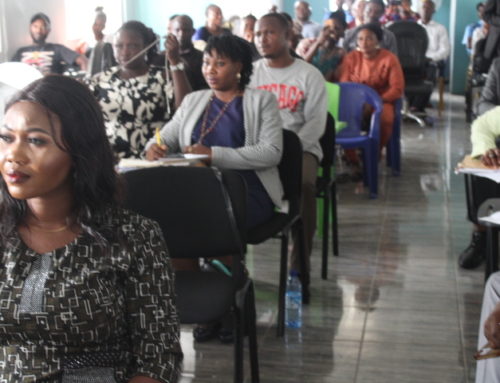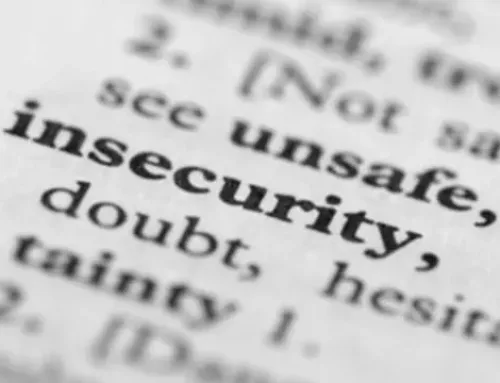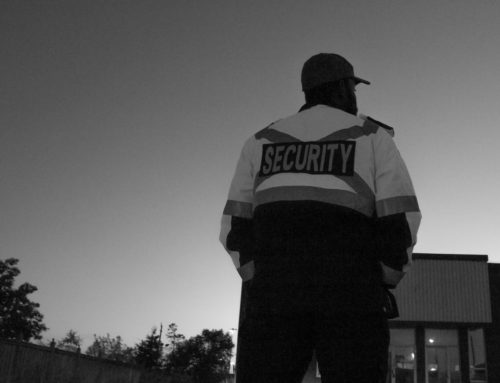The world is going digital at a very fast pace and the banking sector has not been left behind. This has also been compounded by the global drive to reduce the use and circulation of physical cash (cashless). This phenomenon has led to the increased use of online banking platforms.
Below are some tips to ensure a safe online banking experience.
- Do not reveal your personal identification number (PIN) or password to anyone or write it in an easily accessible place.
- When entering your PIN or password, ensure it is as discrete as possible.
- Do not use public computers (this includes work computers and shared computers) or WIFI to carryout online banking transaction.
- Do not save PIN, passwords or login details on a public computer.
- Before inputting banking details on a website, ensure the website is locked and secure.
- All computers connected to the internet are vulnerable to cyberattacks; it is thus imperative to install firewall on your computer (either software, hardware or both) to serve as a barrier against such attacks.
- Shop online only from trusted and verifiable stores, websites, applications.
- Stay aware of the privacy policy on websites before providing banking details.
- Use strong PIN or password and not easily guessed PIN or passwords. Also, change passwords regularly or as practicable as possible.
- Check your bank statement regularly to enable you notice inconsistent transactions or entries.
- Type your bank URL. Website address directly rather than using email links.
- Use two factor authentication whenever possible.
- Whenever your encounter problems with your online banking platform, make complaints to the bank directly and do not seek help from strangers.






